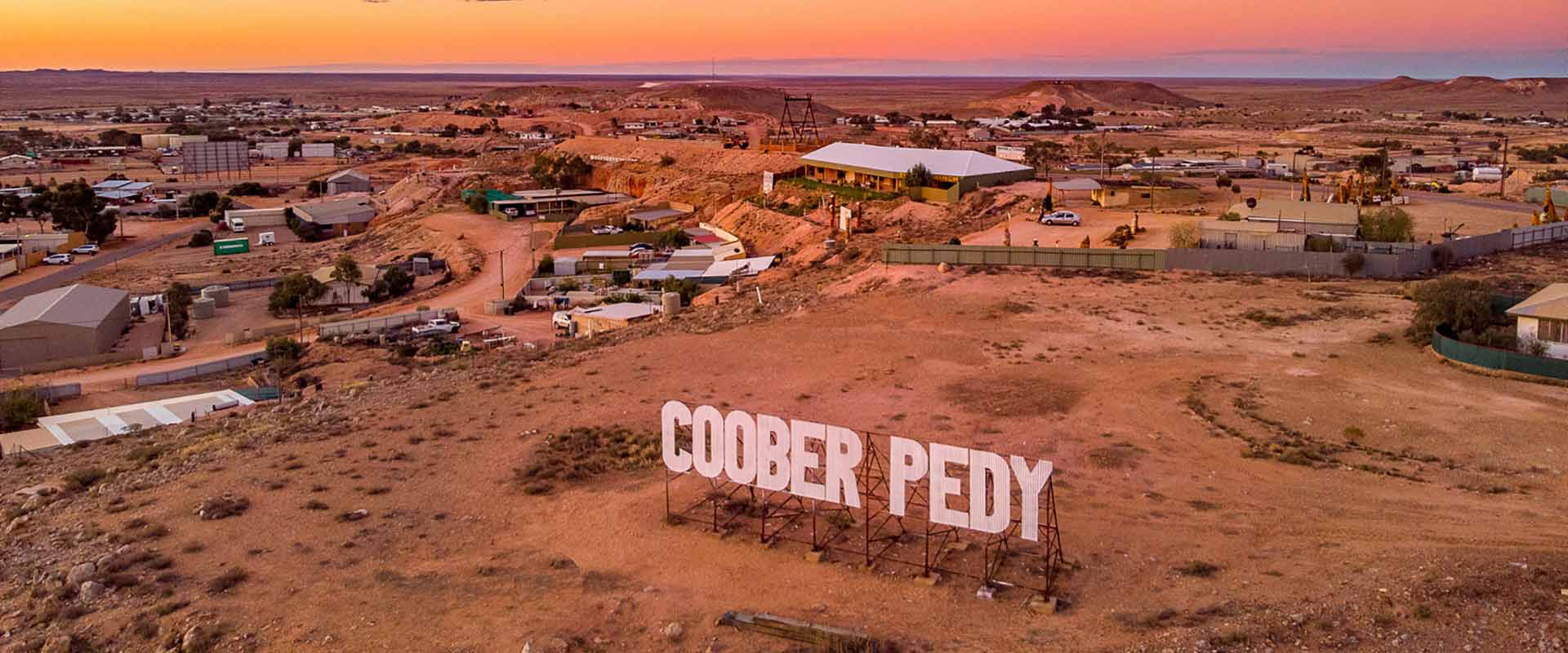It seems that the Samsung Galaxy Z Fold 6 might come with a built-in slot for the S Pen stylus, similar to the Samsung Galaxy S23 Ultra. The previous model, the Samsung Galaxy Z Fold 5, worked with the S Pen but did not have a dedicated slot to store it. A recent Samsung patent suggests that this might change in the upcoming Samsung Galaxy Z Fold 6.

The patent, discovered by Studimo (via Android Central), presents potential locations for housing an S Pen on a foldable phone, possibly the one Samsung plans to launch next year. Two ideas are explored: one involves embedding the S Pen slot into the back of the phone, just below the rear camera, while the other extends the phone’s bezel to the side to hold the S Pen when not in use.
It’s important to remember that patents do not guarantee that specific features will make it into actual products. They offer insights into a company’s design concepts and explorations but don’t guarantee their implementation.
Stylus innovation
The absence of a built-in S Pen slot on Samsung’s foldable phones so far suggests there might be engineering challenges preventing it. It’s possible that incorporating such a slot makes the device thicker or heavier, and these trade-offs may not be deemed worthwhile by Samsung.
As we noted in our Samsung Galaxy Z Fold 5 review, you can purchase cases with compartments for storing the S Pen, but it’s not the most convenient solution. Having a dedicated slot for the stylus when it’s not in use would be more practical.
The patent also introduces a potential innovation for the S Pen: physical buttons on the side. These buttons would likely be customizable and could be used to trigger specific actions on the Galaxy phone that the stylus is connected to.
While there haven’t been many rumors or leaks about the Samsung Galaxy Z Fold 6, it’s reasonable to assume that Samsung will follow its typical release schedule, meaning we can expect to see it around August next year, possibly alongside the Samsung Galaxy Z Flip 6.









